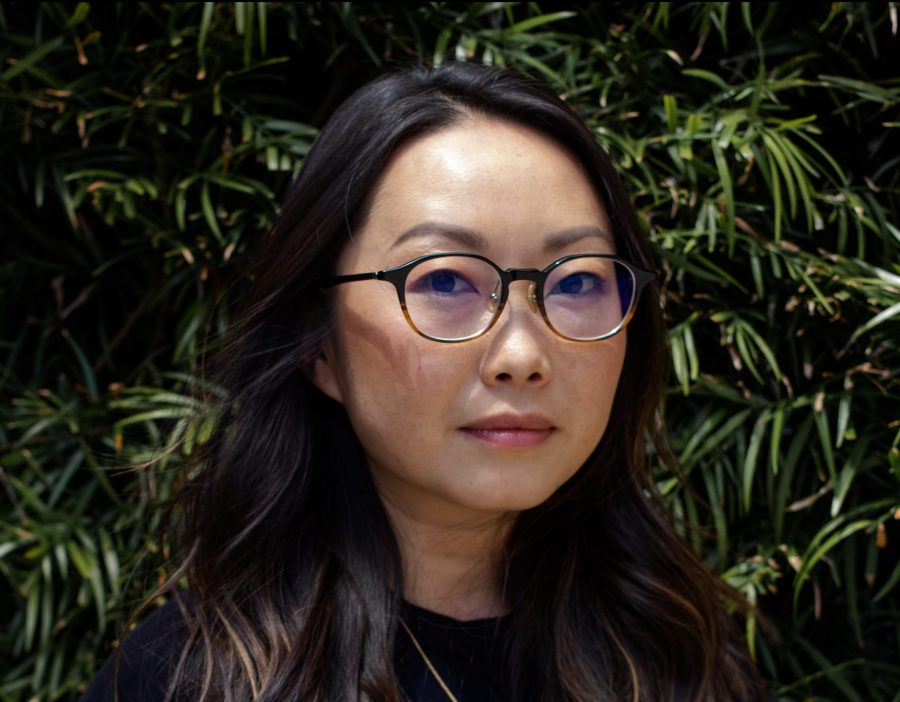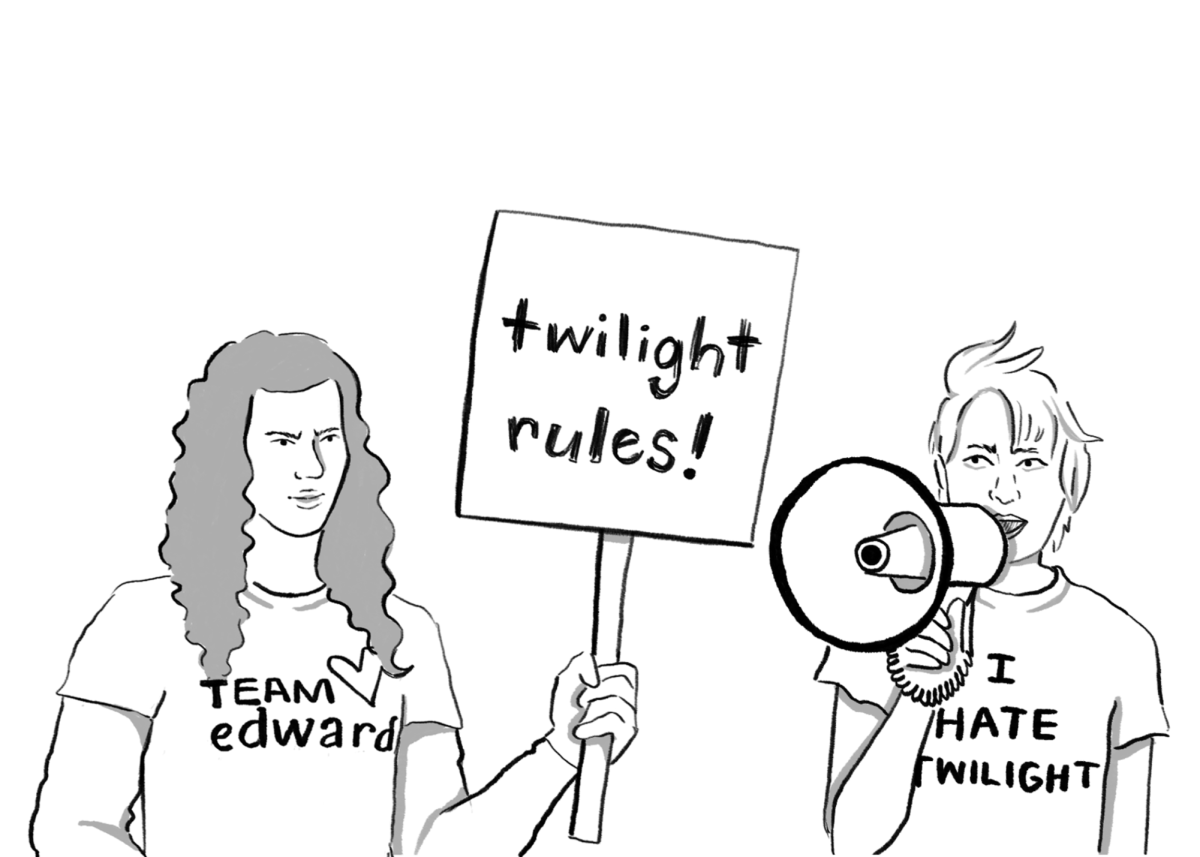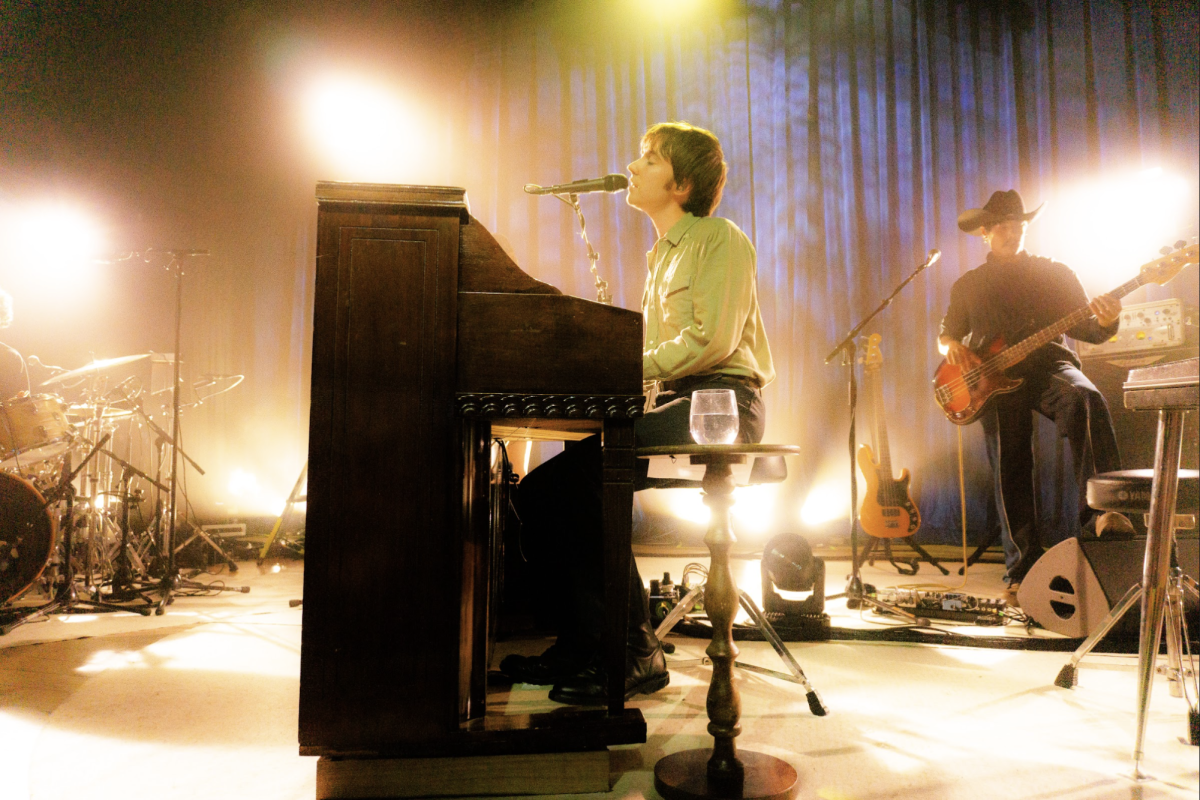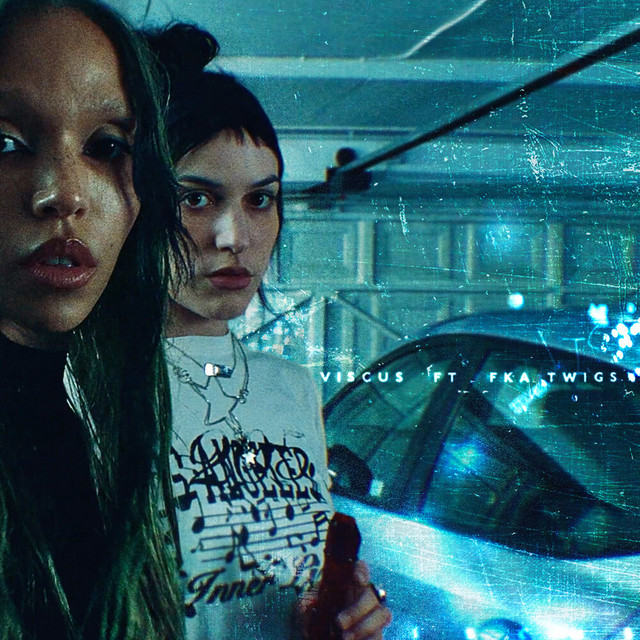The Guardian chats with “The Farewell” director, Lulu Wang.
*Warning: this interview contains spoilers*
Q: You talked a bit about how difficult it was to create the movie that you wanted after pitching it initially and having it be received so enthusiastically, but how did you come to want to make such a personal film in the first place?
L: Well, I think this particular story, I wanted to tell it when it happened to me in real life, not necessarily because I thought we must tell an Asian story right now, and I must be the one to do it. It was more that I felt so emotional, going through the experience, that I needed to turn it into art in order to explore my own emotions. I think the best art comes from things that inspire you and make you feel something and I just knew that I felt a lot of different things, both the comedy as well as the grief, so I wanted to explore a story that was straddling both of those tones.
Q: So by the time that the episode for “This American Life” came out, did you already have a plan in mind to make it into a movie?
L: Yeah, I had started. I mean, I’m a filmmaker, so I knew right away once I went through this experience that I wanted to tell it as a film. I saw it as a film, but nobody really wanted to make it the way that I wanted to make it, with the cast that I wanted it to have, in the original language with subtitles, so I set it aside for a while, and wrote it also as a short story. When “This American Life” approached me, I gave them the short story, and that’s what I used to pitch it, and they picked it up. And then of course, once we did the radio story, then producers started calling in and I was able to set it up with the producers that I wanted to set it up with.
Q: So another big part of the film is Billi’s struggle to confront her grandma as someone who has yet to be proud of herself in her accomplishments. To what extent is this based on your own experience, and if so, how has that changed with the success of the film?
L: It’s definitely based on my own experiences, and I think that when I was struggling with my career, it was particularly hard to feel like I was losing my grandmother and she would never get to see me do something, become successful, or do something that would make her proud, or that she would never get to meet my partner in life, and so it just made me feel the loss even more so, of all the things we had lost in the past, and all the things we were going to lose in the future. It’s just been obviously, a miracle, because she was able to come to set and see me working and she’s now met my partner, and so it just feels like such a gift.
Q: And is part of you scared that she’ll find footage of it on the internet, somehow?
L: Yes and no. I feel like her family is aware — you know, my great aunt who is in the movie, they live in the same building, so if anything like that were to happen or was at risk of happening, I definitely warned them. We don’t have any Chinese distribution yet, so as we get closer to Chinese distribution and it playing in China, I will definitely keep them posted.
Q: So much of Asian American media represents our native cultures as backward or something that needs to be corrected in order to adapt to American culture, but your film doesn’t really do that. We see Awkwafina’s character, Billi, struggle with the conflicting ethics of hiding this fact from her grandma but that gets reconciled when she’s confronted by her uncle. Could you talk about your thought process in reconciling those two differences in cultures?
L: It was a really gradually thing that I was exploring in the movie. It doesn’t happen overnight. Often, I don’t know that I’ve fully reconciled, I don’t think there’s such a thing as full reconciliation. I think it’s an ongoing process that we are constantly grappling with — the different sides of, not only our families, but of ourselves. But it was important to me to show a character who is essentially finding grace, which is about letting go as opposed to trying to be right, trying to fight to the death for something.
Q: And there’s something about the movie that seems very proudly Chinese without having explicitly say so. How much of your filmmaking is motivated by your heritage and identity?
L: You know, it’s interesting, I don’t think that my filmmaking is motivated by my identity or my culture. I think I approach filmmaking the same way that a filmmaker of any culture or any identity approaches filmmaking, from their own perspective. My perspective is influenced, of course, by the values that I grew up with, the people, my sense of comedy, my sense of drama, but I don’t necessarily think that the culture itself influences the filmmaking. I think the film comes across proud because of that. The culture isn’t an issue necessarily for the film, or the family. The person who struggles with it is Billi because she’s from two different cultures, but even for her, it’s not even always about culture. I think sometimes, you lose the meaning of that [culture?], when you talk about it in a very grand perspective. It’s more specific. It’s more about her individuality versus her family. It isn’t about thinking East versus West or China versus America. It’s about “this is who she is” and “this is how she was raised to believe” and then her family is suddenly saying, “No, that’s not right. This is the right way to believe,” and she’s just trying to figure out, “Well, what is right? Are we both right to some level?”
Q: So, a lot of the film revolves around food, from everyday family meals around the table to the grandma’s frustration with the lobster. Is there a certain politics of food and culture that you were trying to capture?
L: Yeah, I think you can’t really make a film in Asia around family without showing food, because that’s so much a part of the day to day life of the family and the culture. But, in this movie, I was using food as a source of tension because it is such a part of regular life and culture in china. And yet when you are sad, and you’re grieving, the first thing you lose is your appetite. So, it was a source of tension because for Billi, she wants to make her grandma happy by eating, but she herself doesn’t want to eat, because she’s carrying the burden of this news. Meanwhile, her grandma’s eating, no problem, because her grandma doesn’t know. That’s how food was integrated into the main theme and the main dilemma of the story.
Q: There’s a specific scene involving food where the family is at a restaurant, and they’re discussing one of the aunts sending her kid to America for an education. You frame the shot from the lazy susan as it’s rotating, from a very low angle that captures the characters in a very unconventional way. Was that just an artistic quirk or were you trying to capture the world in a different perspective?
L: You know, there’s a lot of eating scenes in the movie, so I wanted to make each of them distinctive, and serve a different purpose. That scene is all about community, and it’s not about individuality. You know, they’re all at this round table together, and so Anna, my [Director of Photography], and I intentionally didn’t shoot any singles, so every single shot of the people have three characters in the frame, and the circular nature of the lazy susan also represents the community, and the circular nature of the conversation and of the family in general in that there’s no right answer, like a circle. There’s no beginning, there’s no end. These are just the questions that we ask, and this is part of the texture of being in a family.
Q: And we also see this in the scene with the drinking game.
L: Exactly, exactly.
Q: So we also see this presence of time and the changes that it brings in relation to space, with the development of high-rises and the displacement of old structures. Could you maybe touch on this in relation to the film’s narrative?
L: I think that time is this weird thing, where if you’re watching something change, you don’t notice it. Sort of like how we don’t see ourselves getting older, necessarily, when it’s slower increments and you’re seeing yourself everyday. But when you go away for a significant period of time, and you come back, you notice all of the differences, and so that’s what Billi feels every time she goes back to China. So many things are different, and she really feels the passage of time, she really feels this sense of loss, all the people that were lost, and all the places that were lost. She has a real sense of nostalgia, because it represents her childhood, and her grandparents, but China as a country is moving forward and progressing, in the same way that people do. So I think time is used as a theme to explore this intangible feeling of loss.
Q: So, last summer we got “Crazy Rich Asians,” which was huge, and that was very much about Asian Americans and spectacle, but your film is very much more real and grounded. Could you talk about your film and its place in the larger canon of Asian American cinema?
L: That’s a really tough one. I think that what’s most important is that we embrace films that represent the overall diverse population of America. For me, I don’t feel that I am specifically part of Asian American cinema, whatever that means, because if you have Asian American cinema then you have African American cinema, and then do you have Irish American cinema? Do you have Italian American cinema? At the end of the day, I think that to be American is to be a hyphenate, because we’re all from somewhere else, and so it always makes me ask that question of who gets to be a hyphenate, and who doesn’t? And so at the end of the day, I think what’s really important is that we, as Americans, are telling stories that properly encapsulate what it means to be American, and it isn’t about creating divides between all the types of American that we are, but to ask questions about all of our cultures and all of our identities and backgrounds as a way to represent the reality of the melting pot that is America.
Q: I feel like this interview would be remiss if I didn’t mention Awkwafina. What did she bring to the role in terms of her being a comedian and actor?
L: I think she brought, first of all, as an Asian American woman, with a Chinese grandmother that she’s very close with, she brought a really personal perspective perspective to the story, a personal connection to the story. As a comedian, she has such natural comedic timing, that we never had to work on her delivery of the comedy. Because the comedy is so subtle, and she’s just so good at comedy, it was just so organic that with one shrug, or with something that she would do with her face, you just got everything, and it was hilarious. She just didn’t have to do a whole lot to get the point across, so I think it was really wonderful because the comedy was so natural for her and the drama was also so natural for her because she worries about losing her own grandmother, who she’s very close with. So, every scene she just embodied the character of Billi in a way that I could not have even imagined when I wrote the character.
Q: I think I represent everyone who watched the movie when I say this, but I think we’re really excited to see your work in the future. Do you know what we could look forward to?
L: Well, right now, I’m working on a grounded sci-fi story, and I don’t know what else I’m going to end up doing. There’s a lot of things that I’m interested in, but I think I’m always gonna want to tell stories about what it means to be human and explore stories that are not black and white, where I’m not trying to make a judgement or say, “Look at how terrible this is” or “Look at how great this is.” I want to explore the grays, the nuances, and find ways to show how people can navigate our differences and with respect.
Image courtesy of Elias Roman.








